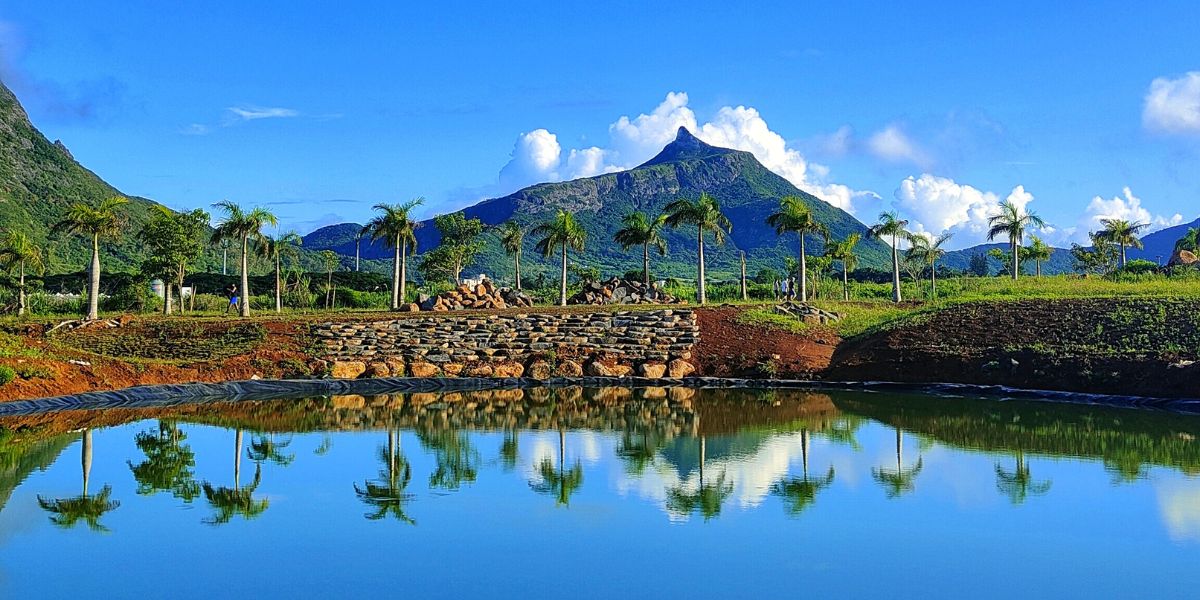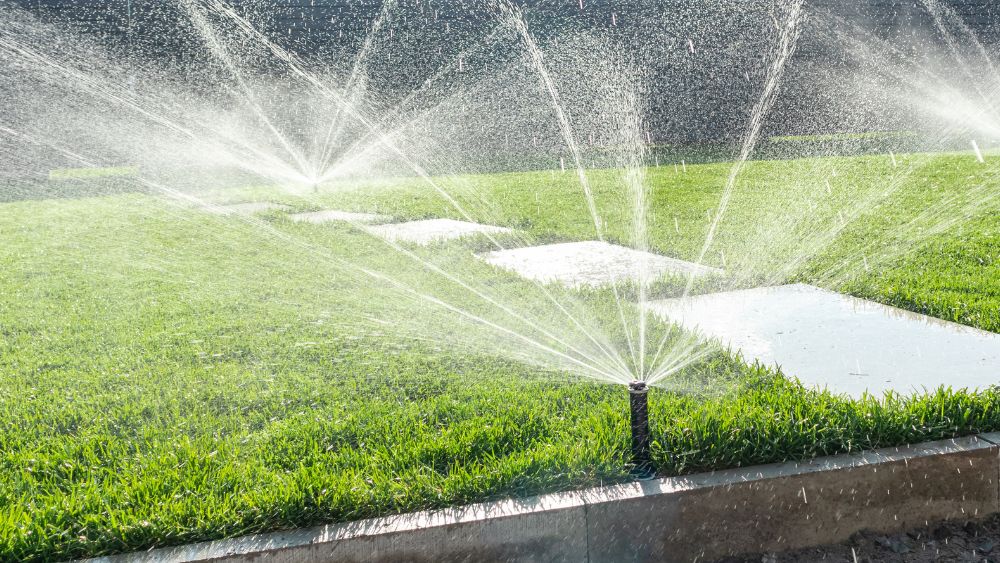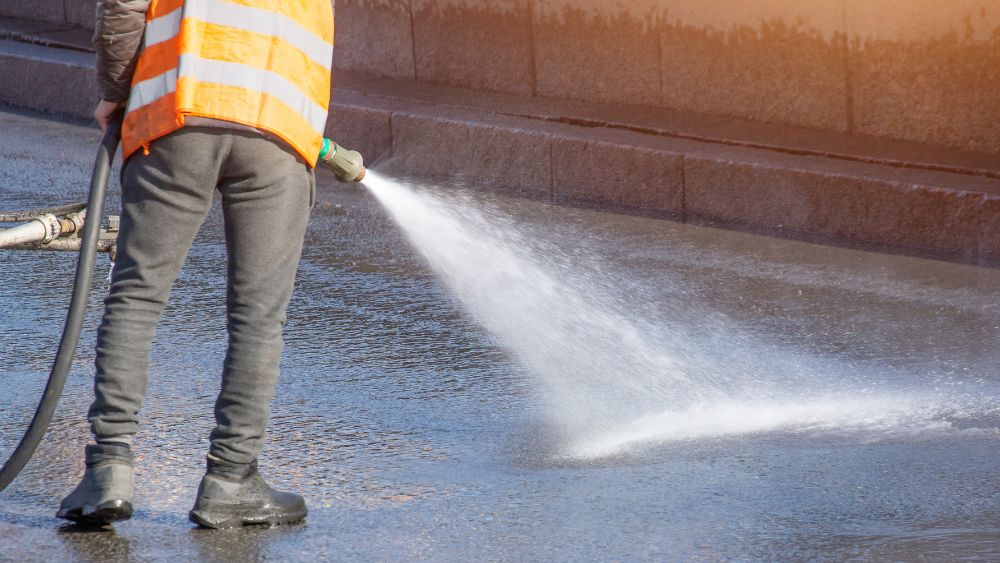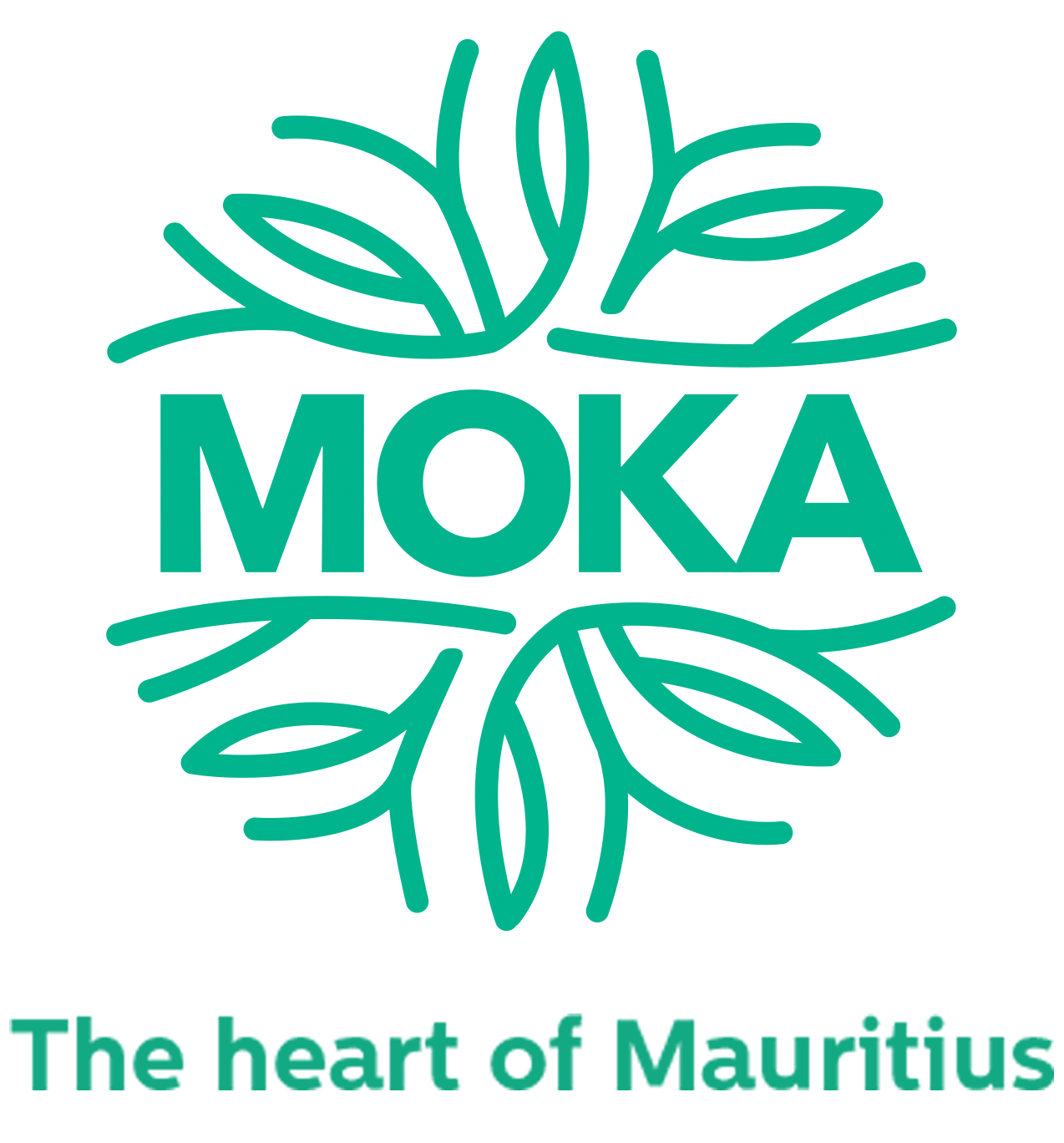Moka Smart City has introduced a groundbreaking sewage treatment plant in Telfair. Anielle Carver, Sustainability Coordinator, sheds light on the purpose of this alternative water supply option, which marks a first in Mauritius!
Water stands as one of the six pillars of Moka’s sustainable urbanisation plan. Therefore, it is imperative to optimise the use of this invaluable resource. Several complementary measures have been introduced to conserve water and enhance the water supply autonomy of the city and its residents. From rainwater harvesting to wastewater treatment, every effort is being exerted to ensure an uninterrupted supply.

1. What is a water treatment plant?
This facility is specifically designed to eliminate various contaminants from domestic wastewater, making it safe for reuse. The process begins with the recovery of raw wastewater to eliminate solids. Subsequently, fine solid particles, organic matter and dissolved pollutants are filtered out. The treated water is finally disinfected to eliminate residual bacteria and pathogens.
2. What is so special about this new plant?
The treated water can be utilised for non-potable purposes such as green space irrigation and will be distributed through an alternative water network, providing the city with an additional resource.

3. Why has Moka Smart City developed such an ambitious project?
The smart city is dedicated to sustainable development and the well-being of the people of Moka. The treatment plant is considered a solution to various challenges, in addition to offering numerous environmental benefits. This alternative network is a crucial resource to address increasingly severe drought conditions resulting from climate change.
The treatment plant system also ensures long-term savings by reducing the use of potable water while making it easier to control and monitor water consumption. This is a significant advantage in achieving green certifications for Telfair, further reinforcing the city’s commitment to sustainable urban planning.

4. What is the positive environmental impact of water treatment?
Firstly, it saves this finite resource by minimising potable water consumption for water-intensive tasks such as street cleaning. Instead of releasing wastewater into the environment, decontamination also prevents watercourse and aquatic ecosystem pollution, simultaneously reducing risks to human health.
This milestone affirms that Moka Smart City is indeed a pioneer of sustainable urban development, with a focus on citizen well-being and ecosystem health.
Stay up-to-date with developments in Moka Smart City by subscribing to the city’s newsletters.

Leave a Reply